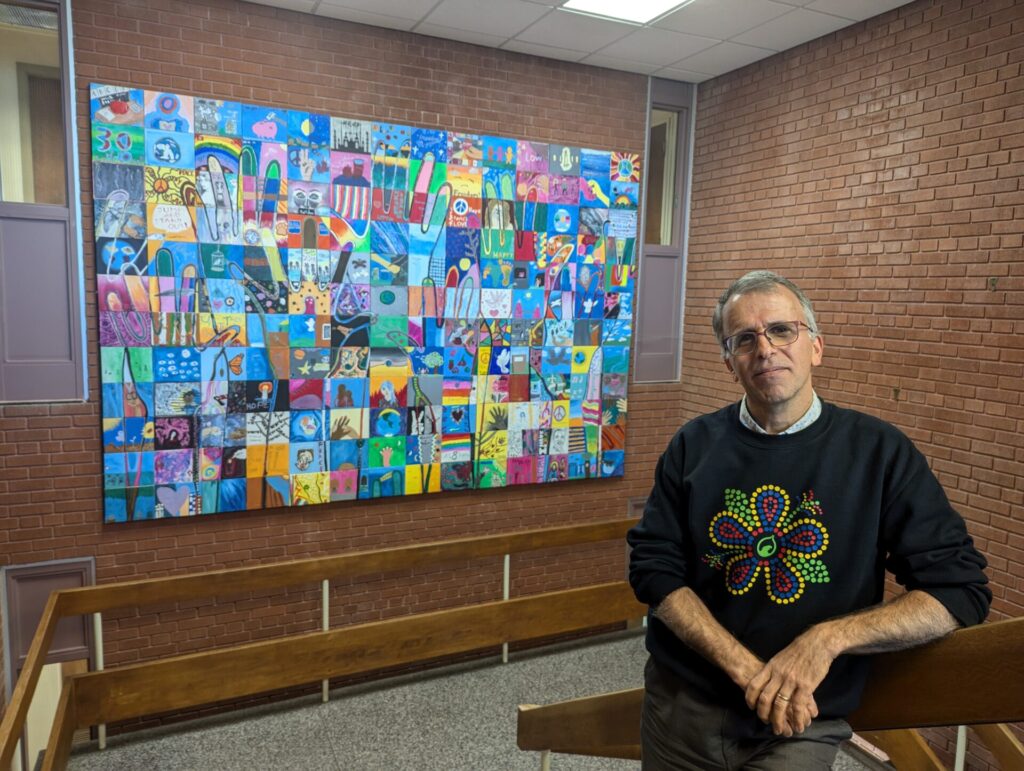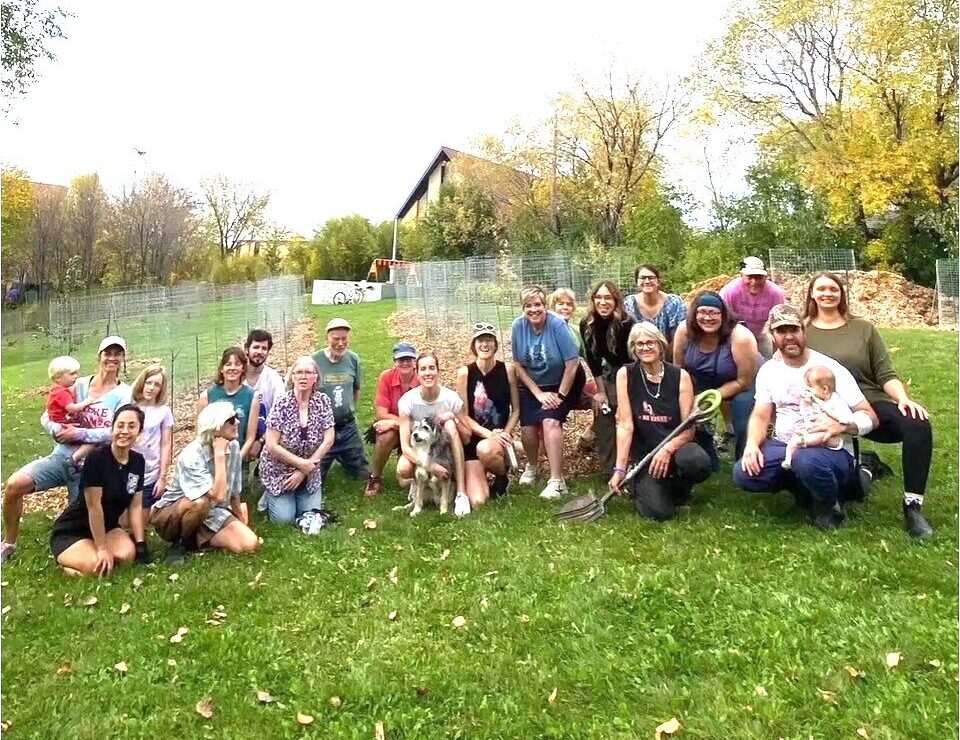
Local Journalism Initiative Reporter
Between 2016 and 2021, Winnipeg welcomed almost 46 495 immigrants, coming from Europe, Asia, the Americas and Africa.
According to Statistics Canada, immigration into the city is an important part of how Winnipeg maintains economic stability and grows its working-aged population. Between 2011 and 2021, Winnipeg saw a 19% increase in seniors and a 3.7% decrease in working aged individuals.
Projections from those same statistics argue that, without maintaining moderate levels of immigration, Winnipeg could see a 25% rise in its senior population and a 6.5% decrease in its working aged population.
While immigration provides fuel for the economic engine of Winnipeg, newcomers who bring over their family members and children often face barriers adjusting to schools.
From a new language to enrollment forms and credit systems, navigating a new school system is a challenge for many families.
Overcoming this challenge is the objective of Winnipeg School Division’s (WSD) Intercultural Support Workers (ISW).
“Winnipeg School Division has such a rich history of providing support for newcomers and Intercultural support workers is another mechanism has been put in play to support those newcomer families and students,” Mohammed Rezai, WSD’s Assistant Superintendent of Anti-Racism, Equity and Climate Justice, says.
Throughout the division, there are currently nine ISWs who are tasked with helping students and families navigate Winnipeg’s school system. Their main goals are helping with language barriers, assembling documents, exploring the credit system and connecting students with other resources around the city.
“One of the things that the ISWs and the team brings is the networks they have to help with settlement – places, services within Winnipeg and tapping into those resources,” Rezai says.
Rezai, who immigrated from Turkey as a refugee in 1988, is passionate about what ISWs can do for students.
“I myself came to this country 36 years ago and I wish we had some of the support we have now back then, in terms of navigating through the school, language learning, the number of credits you need,” Rezai says.
Along with technical matters, ISWs, along with teachers, focus on forming strong bonds with students and families and help students who may come with trauma or other difficulties find the assistance they need.
“Once we build that relationship and connection with the families and students, we are able to do other things that we might need to look into,” Rezai says.“This work cannot be done alone. We tap on the network and a lot of different services to make sure that our families and students who come to our schools feel safe and can be successful.”
While Rezai is proud of the work that ISWs do, he highlights that traditional immigration into Winnipeg’s core is no longer the dominant model in the city. Immigration occurs across the city and with more schools having greater needs, there is a want for more ISWs.
“We have 79 schools and newcomer families are settling all over Winnipeg and Winnipeg School Division,” Rezai says. “Winnipeg School Division can only do so much, I would love to have 4-5 more ISWs.”
Rezai hopes that the Winnipeg School division can connect with the province to ensure that students, families and schools have the resources they need to educate Winnipeg’s future.

